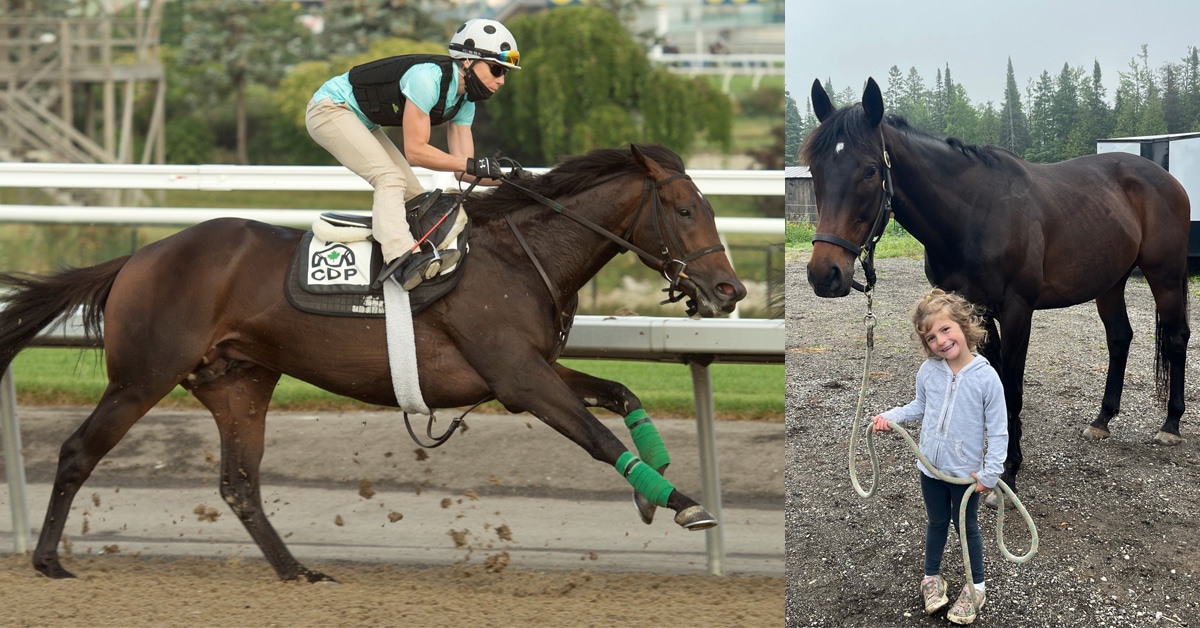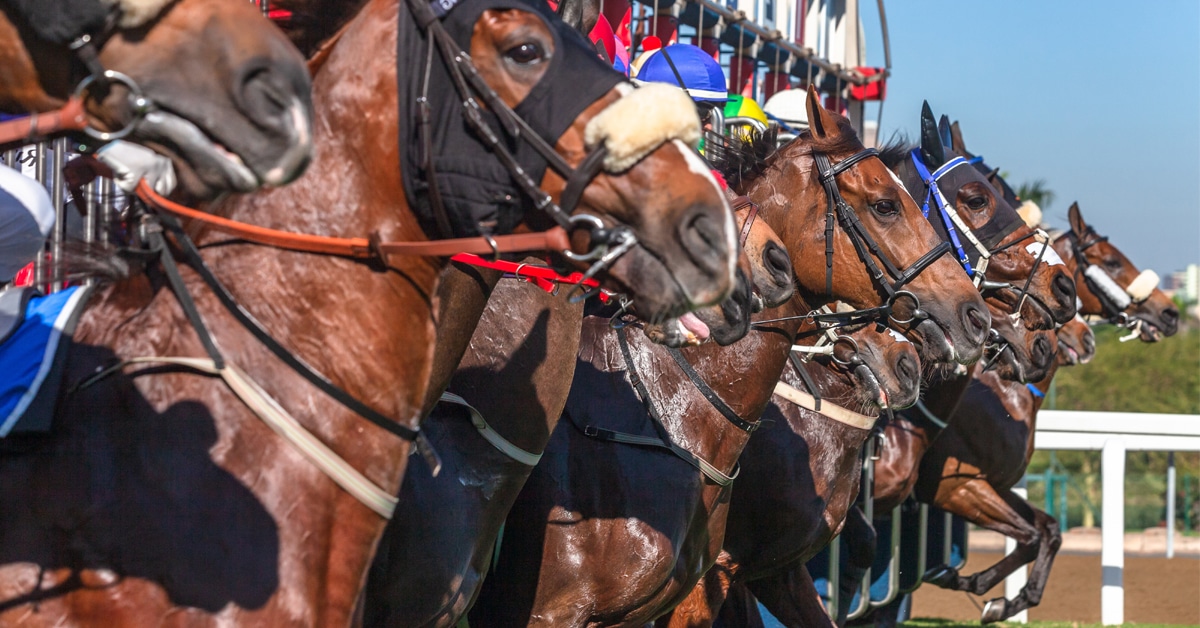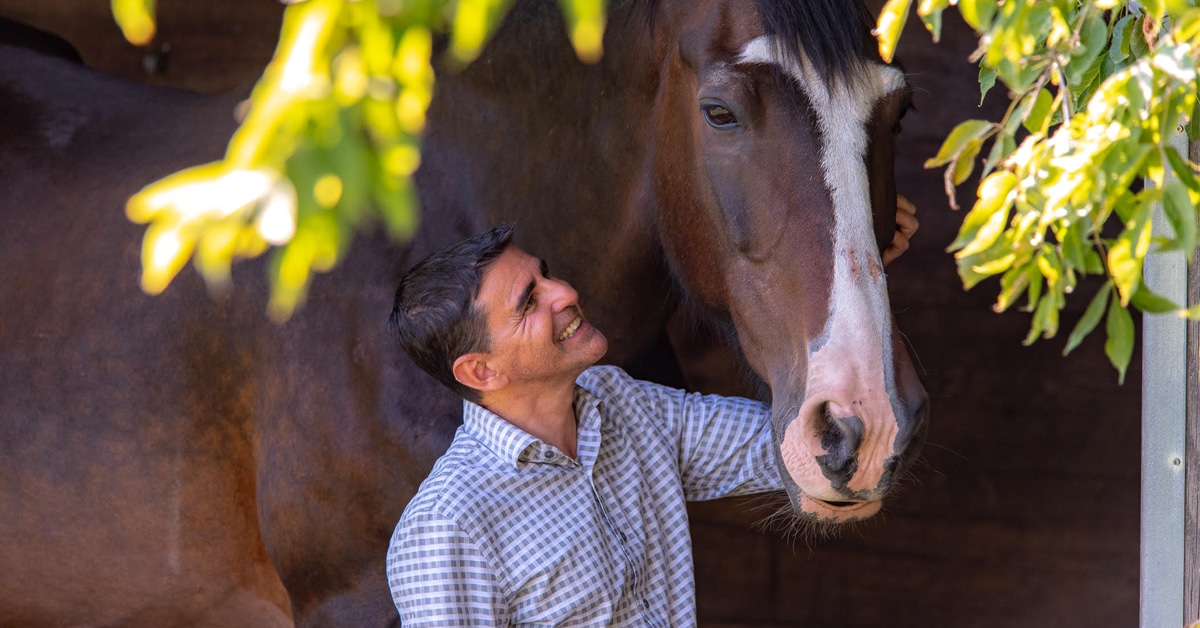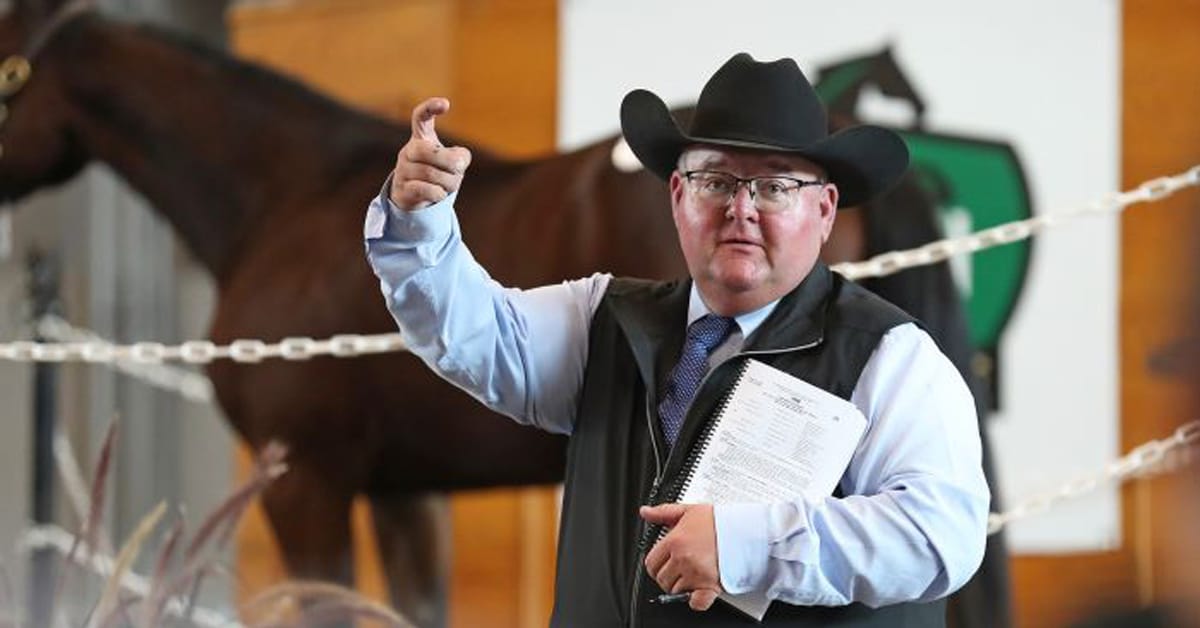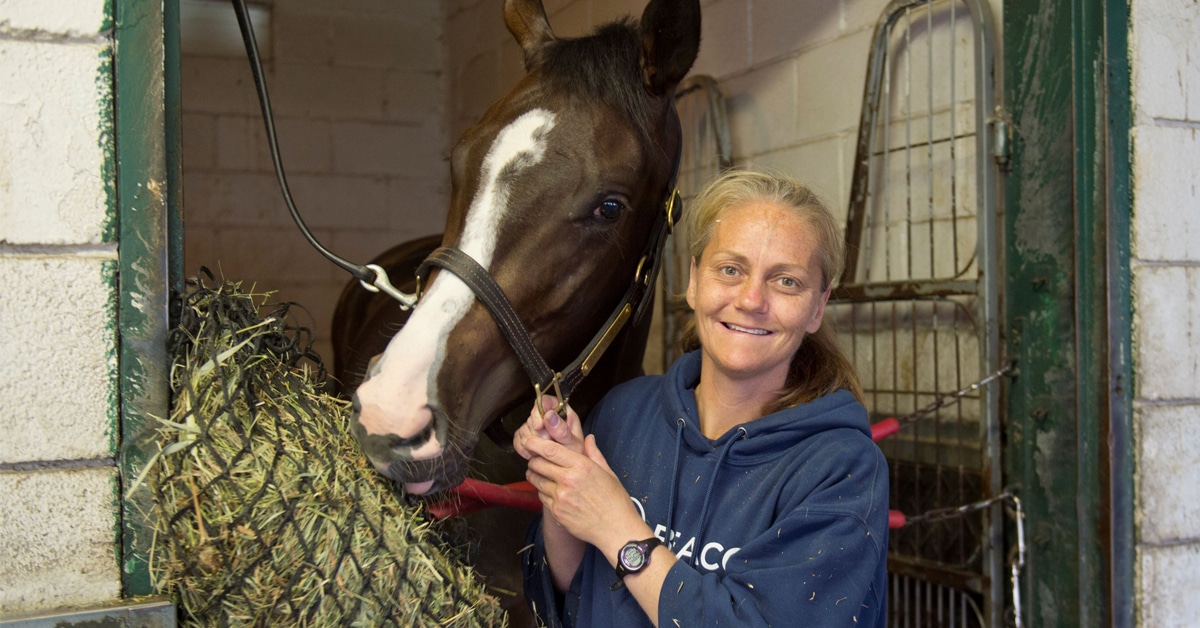Owner and breeder Brereton Jones, former Governor of Kentucky and master of the giant Airdie Stud farm in Lexington, and his Canadian trainer Reade Baker managed to make the dream come true for the star runner. “We set out to make her the best horse in Canada,” said Baker. “I thought she deserved it.”
The sleek, stretch-running dark bay, the co-champion two-year-old filly in Canada for 2009, never lost a race at Woodbine in 2010 and proved to be worthy of Grade I company south of the border. It was the first Horse of the Year trophy in Canada for Jones, who had never been to Woodbine until Biofuel was well into her juvenile campaign. “I mean this sincerely, this is the best track in the world,” said Jones upon accepting the Canadian industry’s biggest honour. “There is no racing operation in the world better managed than Woodbine.”
Biofuel’s story is an enchanting one of a homebred filly who came from a mare who was deemed un-raceable and by a sire who was struggling to get respect in the commercial market. Ms. Cornstalk, named for an Indian chief, was entered in the 2005 Keeneland September sale but her pre-sale x-rays were riddled with “ocd’s, shadows” and more than one vet told Jones she would never stand up to training. “So I just sent her home and at the age of two and had her bred to Stormin Fever,” said Jones. Stormin Fever, a graded, stakes winner sprinting son of the high class stallion Storm Cat, was a resident of Airdrie at the time and was picked her mate. “I like to choose the stallion based on conformation and how he will match with the mare,’ said Jones. ‘I had some previous luck with Stormin Fever.”
Biofuel was foaled on February 12, 2007 on the 2,500 acres of Airdrie, a farm founded by Jones and his wife Libby in 1972. The plain coloured, average-sized filly was one of dozens of foals born that year at Airdrie that would head off to a yearling sale or be sold privately. Incredibly, Biofuel never made it to auction (she was a late scratch from the Keeneland September sale in 2008) and, despite a few private offers, was never sold.
Jones, who had recently become enamoured with racing at Woodbine simply by monitoring the purse structure and its program, sent Biofuel to Baker in the spring of 2009.
“I was surprised that she looked as good as she did,” said Baker. “(Brereton) usually sells his best yearlings and young horses. By July (2009) I knew she had quite a bit of talent.” Biofuel won her career debut at the odds of 5 to 1 and then capped her juvenile campaign with a win in the Grade III Mazarine Stakes and a very troubled fourth-place finish in the Breeders’ Cup Juvenile Fillies. She returned to Woodbine for the Star Shoot Stakes and easily won that spring before doubling up in the La Lorgnette Stakes in late May.
As a Kentucky-bred, Biofuel could not follow the Canadian fillies through the Triple Tiara, so Baker took her on the road to test her mettle against the top gals in the United States. Up first was the Grade I Mother Goose on June 26 at famed Belmont Park and her first meeting with the tough Todd Pletcher-trainee Devil May Care, a Grade I winner as a juvenile. In a small field of five, Biofuel had a tardy start from the gate and did well just to catch up to be a solid third, just over two lengths behind Devil May Care. She met that same rival in the Coaching Club of America Oaks at Saratoga in late July and rallied to be second, just four lengths behind her nemesis. Biofuel was returned to Woodbine and put in very strong stretch runs to win the Belle Mahone and Selene Stakes (GIII), both at 1 1/16 miles.
Following the Selene, Baker told the media that Biofuel would pass on the Breeders’ Cup Ladies’ Classic and instead be freshened for her four-year-old campaign. She returned to the track for training in March at Palm Meadows Training Centre in Florida and arrived back at Woodbine in early April. In the Horse of the Year voting, Biofuel defeated Miss Keller (Ire), the champion turf female who won the Grade II Canadian Stakes at Woodbine and was second in the Grade I E.P. Taylor Stakes.
Ms. Cornstalk is perhaps one of few, if not the only, mare to produce a Horse of the Year at the young age of five. She has a two-year-old filly by Johar named Tu Endie Wei (named for a state park in West Virginia commemorating the Battle of Point Pleasant) who is headed to Woodbine to begin her career.
The Latest
